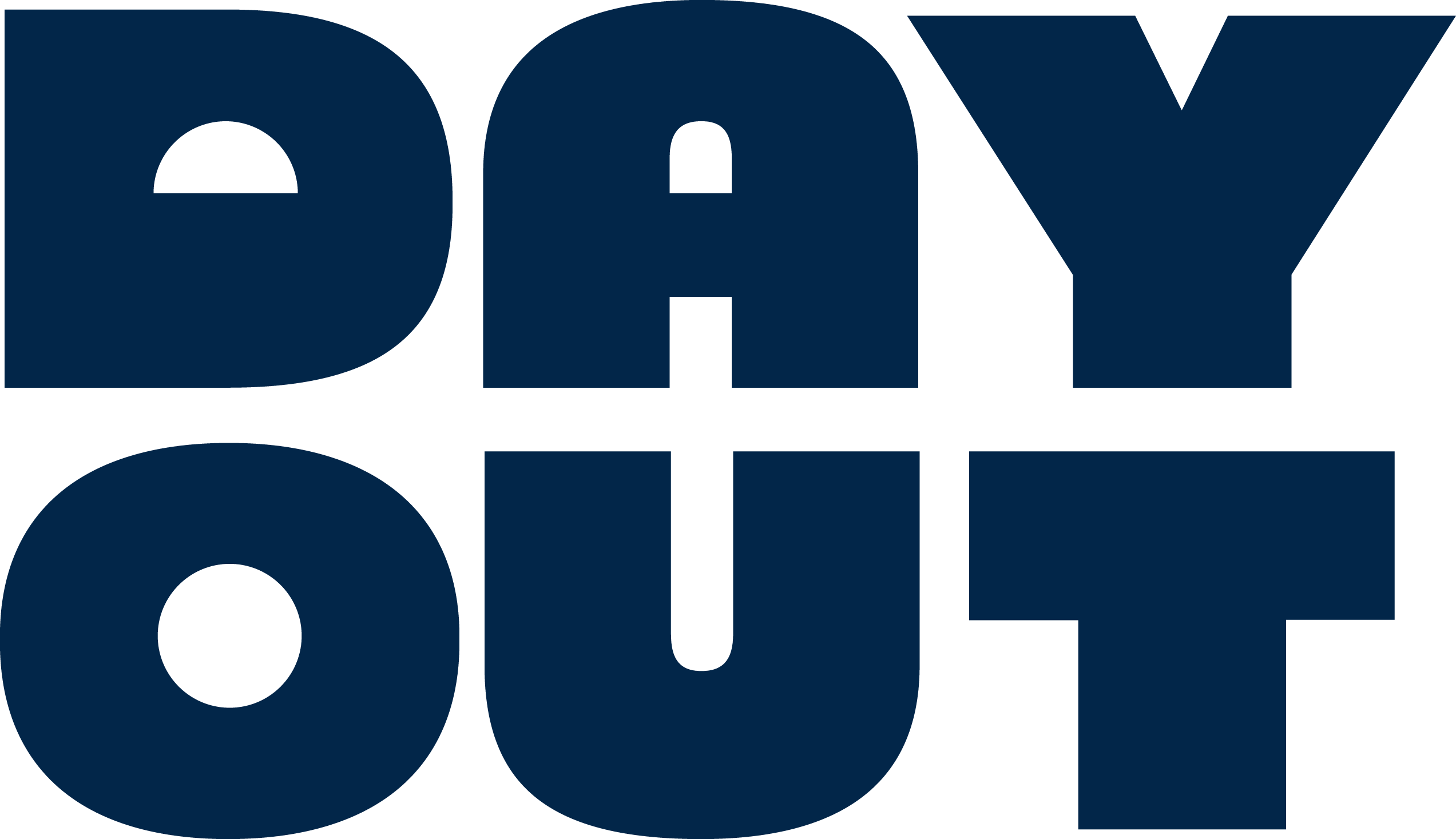For investors, analysts, journalists, and other market geeks, nothing provides as much fun and despair as earnings reports. Sometimes companies beat expectations. Sometimes they fall short. Sometimes a company announces fantastic news. Sometimes they tell the market that disaster is near.
And when you combine the facts, figures, and disclosures of a 10-Q with a conference call that often follows the document's release, earnings season is a veritable cornucopia of excitement and surprise.
Here are our picks for the most interesting food industry stories found in 2014's first quarter earnings news.
5. Hershey's ads
Wall Street was pleased with the chocolate maker's earnings. And why not? Revenue and profit were both higher, with net earnings rising 4.4% and sales at $1.8 billion.
But for Madison Avenue, the company's conference call was a nightmare.
According to Ad Age, Hershey is traditionally a major buyer of advertising across the media world. But in the call, Chief Executive Officer John Bilbreys announced that Hershey had cut advertising spending by 3% in the quarter, the company's first reduction in spending since 2011. This move applies to secondary brands like Hershey's Bliss and Hershey's Simple Pleasures, resigning them to more of a niche market than larger brands still staying in the spotlight.
4. Pilgrim's cuts
Few companies have won as much favor in recent years as Greeley, CO-based Pilgrim's, the poultry processor formerly known as Pilgrim's Pride. The company's shares have tripled in the past two years since it embarked on a much-publicized effort to cut costs, an investor-friendly business approach.
For the most recent quarter, Pilgrim's reported—remarkably—that it was still finding places to trim expenses. The result? Even though sales fell 0.9% to $2.02 billion, net income rose 80%.
But that's not the big surprise. After two years of this stuff, Pilgrim's cost-cutting is becoming old news. The surprise was that although Pilgrim's first-quarter earnings fell short of analysts expectations, shares rose again—jumping 1.67% after earnings were released.
3. Bunge loss
It was a tough quarter for the so-called ABCD companies (Archer Daniels Midland, Bunge, Cargill, and Louis Dreyfus) that dominate the world trade in grains. Droughts caused havoc in pricing, and cold weather made transportation difficult in the American Midwest.
Wall Street wasn't anticipating much good news from grain traders in the first quarter, except for Bunge. Analysts expected the company to report a profit of $1.40 a share. Instead, Bunge reported a loss of 12 cents a share.
The problem, Bunge said, was that the company had bet the wrong way on the futures market, thinking that grain prices would decline. They did the opposite, rising on the political trouble in Ukraine. With these unforeseen circumstances, Bunge found itself on the wrong side of trades, with the shocking earnings to show it.
2. Kraft/Mondelez investigation
Perhaps the only thing worse than being on the wrong side of a hedge is being on the right side .... but attracting the attention of federal investigators.
Just as Kraft was reporting a profit in the first quarter, at least in part attributable to successful price hedging in the futures market, the company also disclosed that the Commodity Futures Trading Commission had launched a probe into trades involving December 2011 wheat contracts.
The trades were made by a unit of what is now Mondelez International. Kraft spun off Mondelez in 2012. Kraft and Mondelez both said they were cooperating with investigators.
1. Nutrisystem's outlook
One of the toughest sectors in the food and beverage industry is weight loss. Back in the day, brands like Jenny Craig and Slimfast were revenue powerhouses. But the Web changed that, with hundreds of online communities emerging to offer dieting support and advice, for free.
There seemed to be little reason for optimism in the sector. Until now.
On May 2, Nutrisystem announced that it had swung to a profit in the first quarter, just months after changing its tactics and partnering with Wal-Mart.
But the most remarkable bit of news in the earnings report was that Nutrisystem also boosted its earnings outlook for the rest of the year. The seller of weight-loss meals and plans says its Q1 results aren't a one-time event. Rather, Nutrisystem says it has turned a corner.
Given news like that, anything is possible. Maybe Unilever really can find someone to pay $1.7 billion to buy Slimfast.
Would you like to see more food news like this in your inbox on a daily basis? Subscribe to our Food Dive email newsletter! You may also want to read Food Dive's look at the similarities between umami and MSG.









